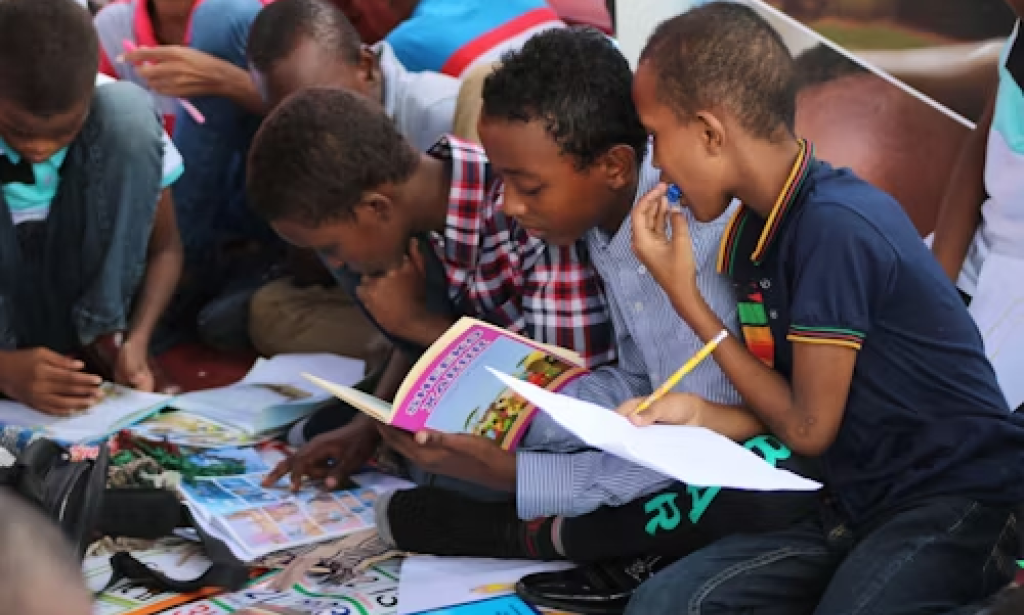Introduction
Beyond the Books: How Experiential Learning Can Prepare Students for Real-World Success
In this introduction, we'll explore the limitations of traditional classroom learning and why experiential learning is essential for preparing students for success in today's fast-paced, ever-changing world.
What if the most important lessons in life aren't learned in a classroom, but through the experiences that shape us, the challenges that test us, and the moments that define us?
In today's fast-paced, ever-changing world, traditional classroom learning is no longer enough to prepare students for success. The modern workforce demands more than just theoretical knowledge; it requires skills, adaptability, and real-world experience.
However, the current education system often falls short in providing students with the hands-on experience and practical skills they need to thrive in their future careers.
According to a recent survey, 80% of employers believe that students are not adequately prepared for the workforce, citing a lack of essential skills such as problem-solving, communication, and teamwork.
Moreover, the World Economic Forum estimates that by 2022, more than a third of the desired skills for most jobs will be comprised of skills that are not yet considered crucial to the job today.
Experiential learning offers a solution to this problem. By providing students with hands-on experience, real-world applications, and creative problem-solving opportunities, experiential learning prepares students for success in ways that traditional classroom learning cannot. Through experiential learning, students can develop the skills, confidence, and adaptability they need to succeed in an ever-changing world.
In this article, we'll explore the benefits of experiential learning and how it can prepare students for real-world success. We'll delve into the different types of experiential learning, its applications, and its impact on student outcomes.
We'll also examine the challenges of implementing experiential learning and provide practical solutions for educators and administrators. By the end of this article, you'll understand why experiential learning is essential for student success and how you can harness its power to prepare the next generation of leaders and innovators.
In conclusion, experiential learning is a powerful tool that can bridge the gap between theory and practice, preparing students for real-world success in a rapidly changing world. By embracing experiential learning, educators can provide students with the skills, confidence, and adaptability they need to thrive in their future careers.
It's time to move beyond the books and into the real world, where learning comes alive through hands-on experience, creative problem-solving, and collaboration. By doing so, we can empower the next generation of leaders and innovators to succeed, grow, and make a meaningful impact in the world.
Let's unlock the full potential of experiential learning and shape the future of education today!



You must be logged in to post a comment.